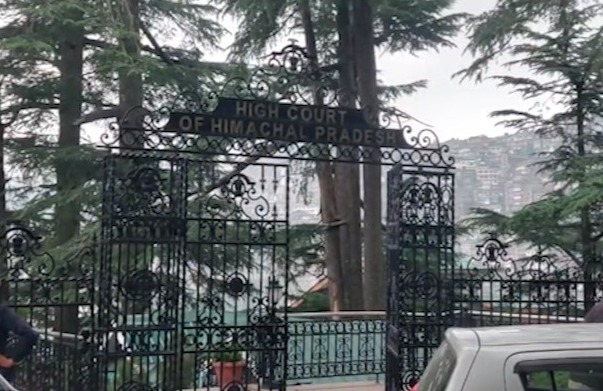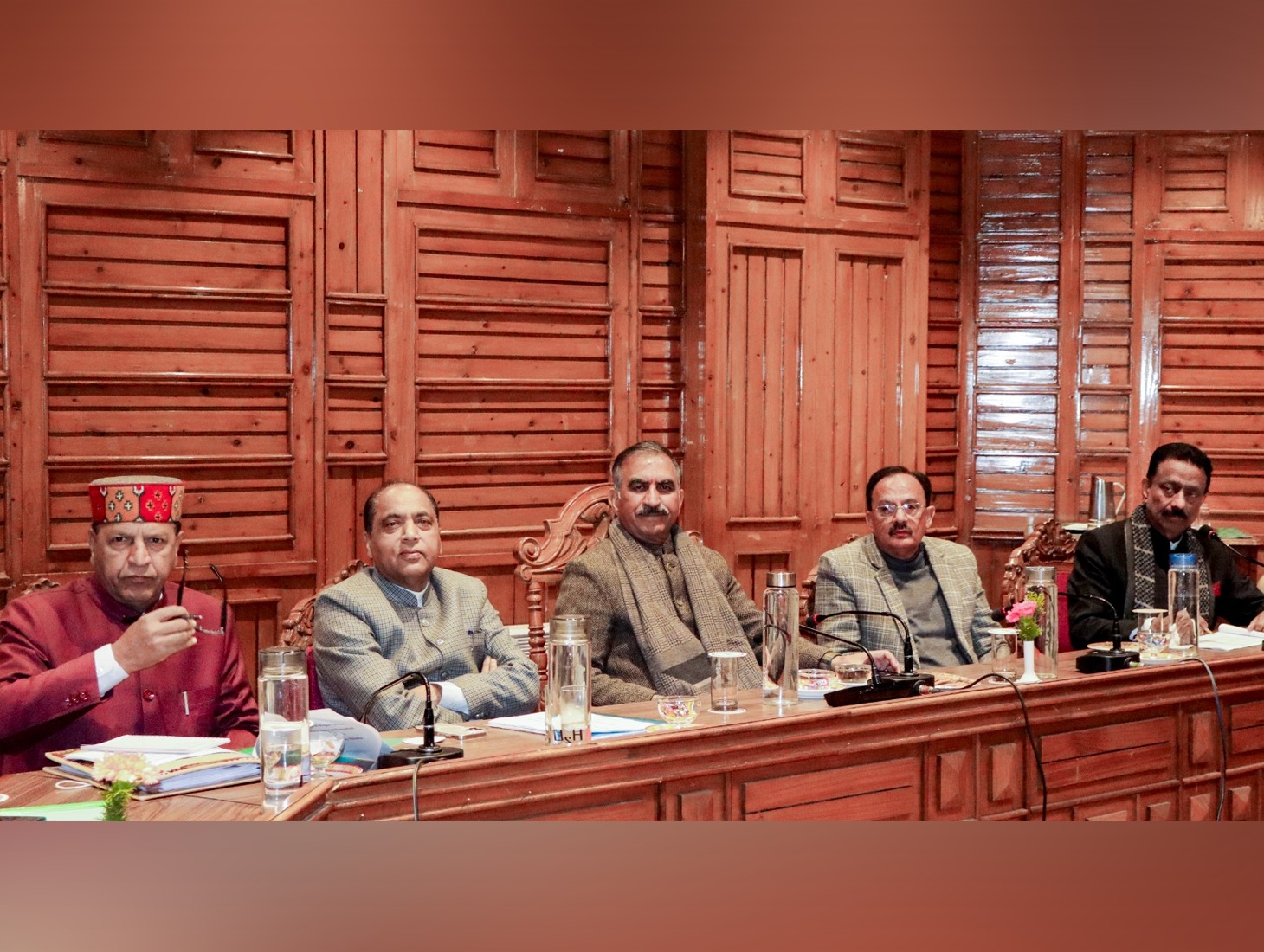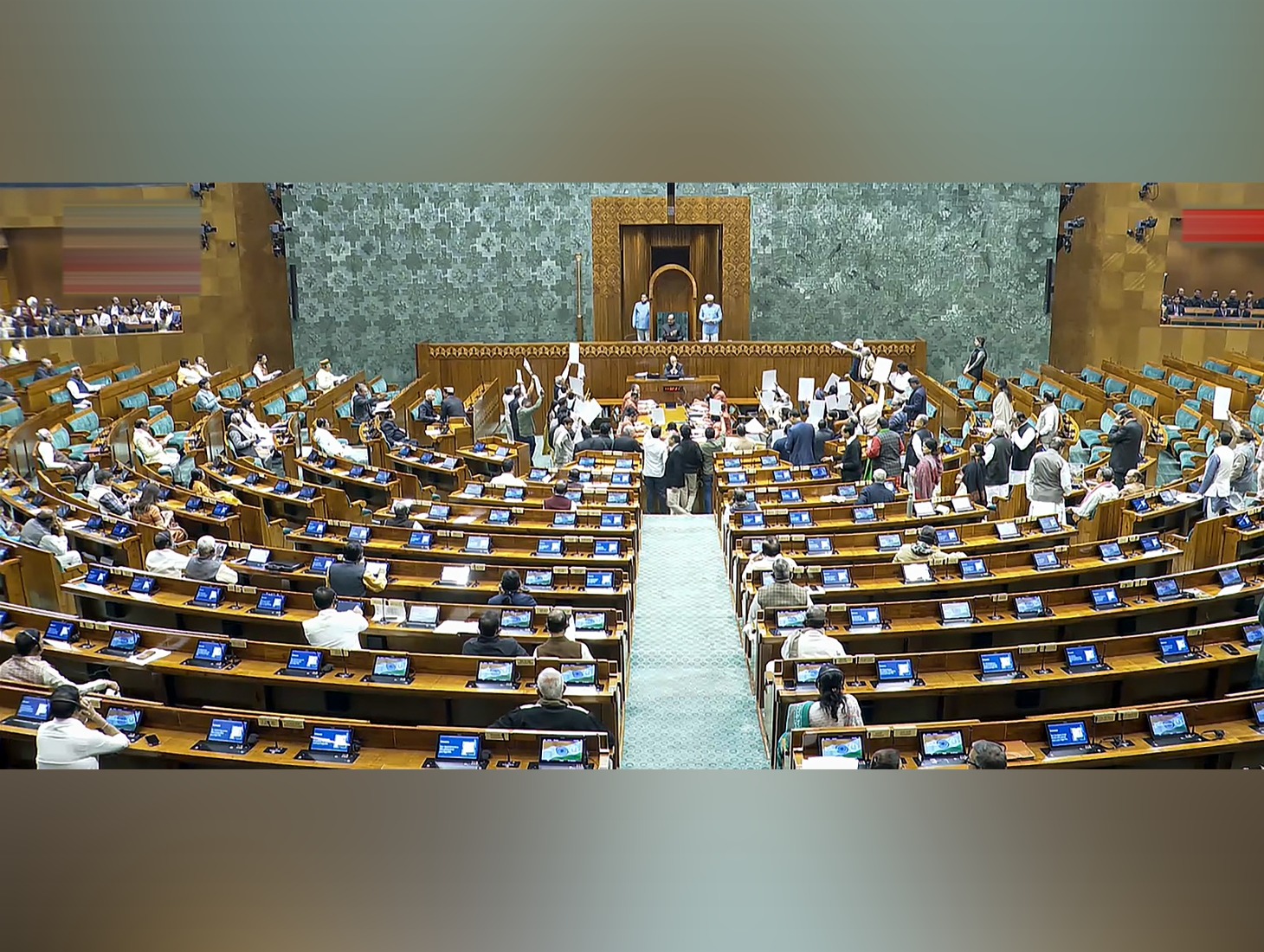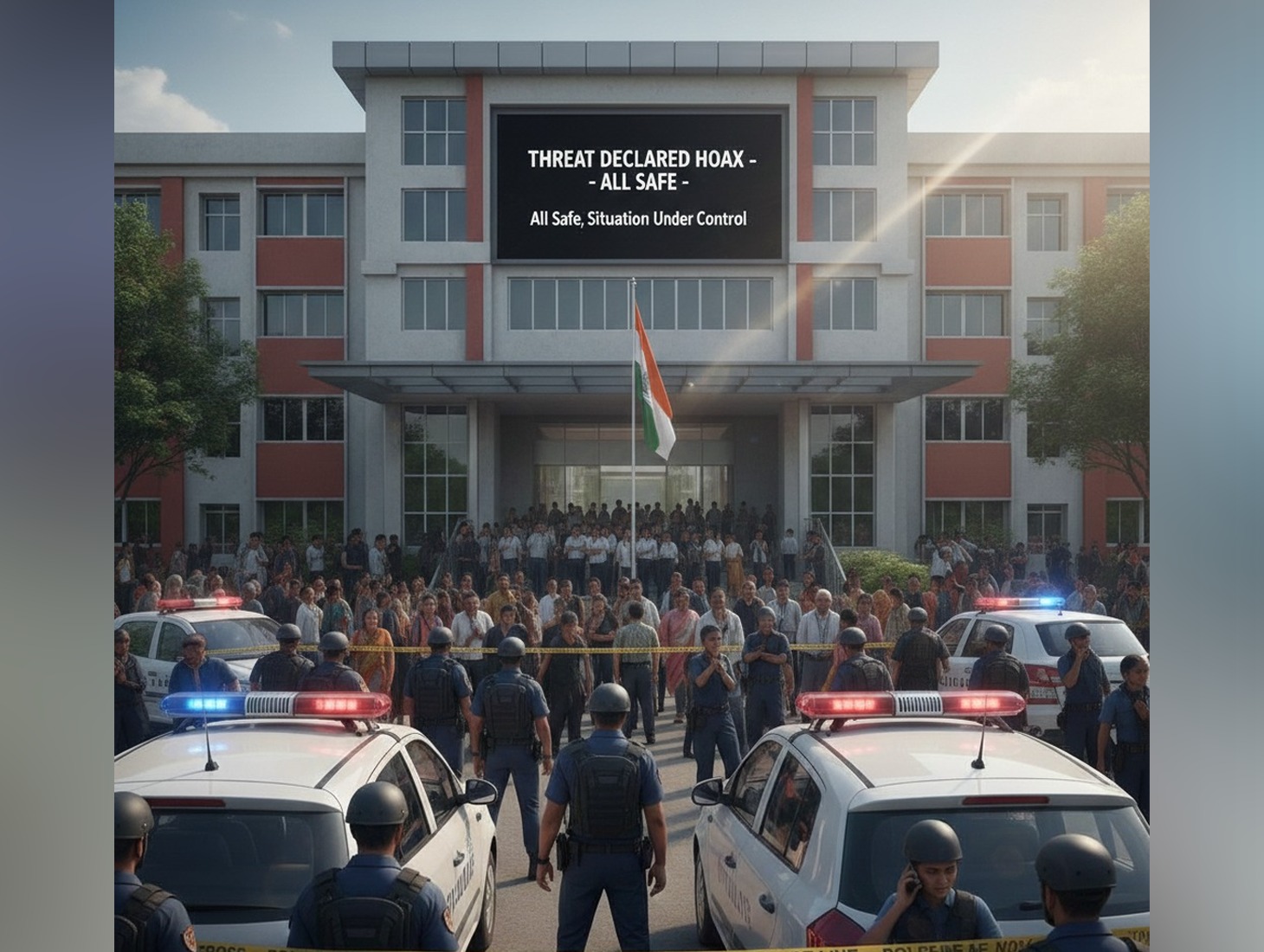Yog Raj Sharma
The North News
Shimla, August 5
The Himachal Pradesh High Court has struck down a controversial provision in the state’s land law that permitted the regularisation of encroachments, terming it arbitrary and unconstitutional. A division bench comprising Justice Vivek Singh Thakur and Justice Bipin Chander Negi on Tuesday invalidated Section 163-A of the Himachal Pradesh Land Revenue Act, which was introduced by the previous BJP government to legalise encroachments of up to five bighas on public land. The court has directed the state government to remove all illegal occupations from public land by February 28, 2026.
The ruling comes in response to a petition filed by Poonam Gupta, which challenged the legality of the amendment. During the hearings, the Central Government also opposed the measure, arguing that the state lacked the legislative authority to pass such a law. More than 1.65 lakh individuals had applied under the now-defunct policy, seeking ownership of encroached land ranging from five to twenty bighas. The policy allowed land grabbers to apply for legalisation of their encroachments, though a 2002 court ruling had stopped authorities from issuing ownership titles.
In its judgment, the High Court said Section 163-A granted excessive powers to the state, bypassing the intent of the original legislation. The court also annulled all rules framed under this section. Highlighting administrative failures, the bench ordered the Advocate General to send a copy of the verdict to the Chief Secretary and relevant departments for compliance. It further called for disciplinary and legal action against revenue officers who facilitated or ignored illegal land occupations.
“No such widespread encroachments can occur overnight,” the court remarked. “Officials have failed in their fundamental duties.”
The court also recommended that Himachal Pradesh consider amending its criminal encroachment laws by adopting models followed in Uttar Pradesh, Karnataka, and Odisha.
















